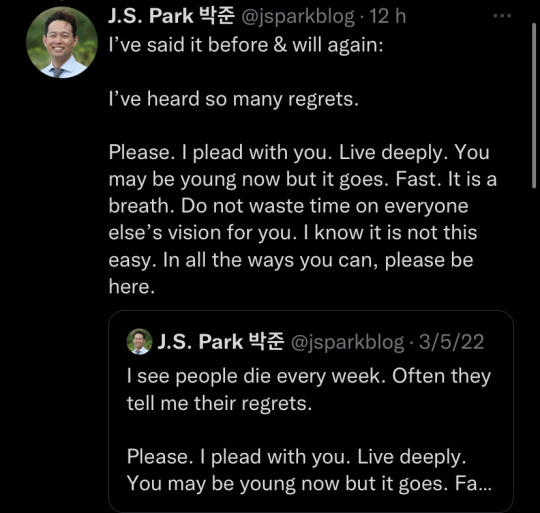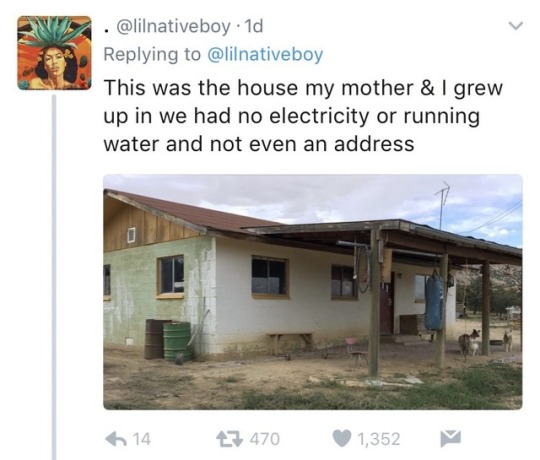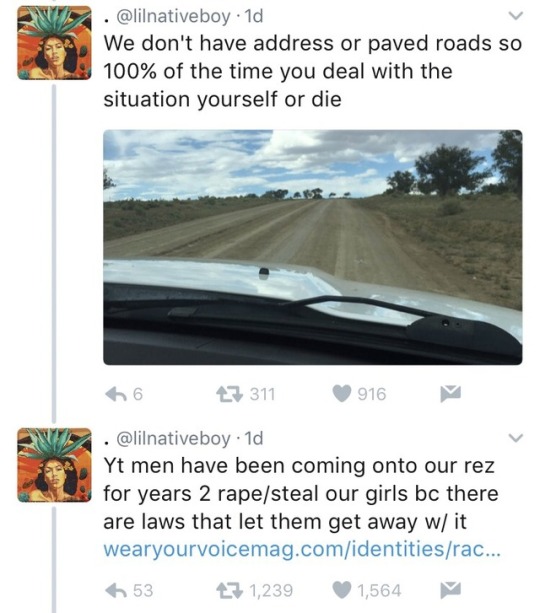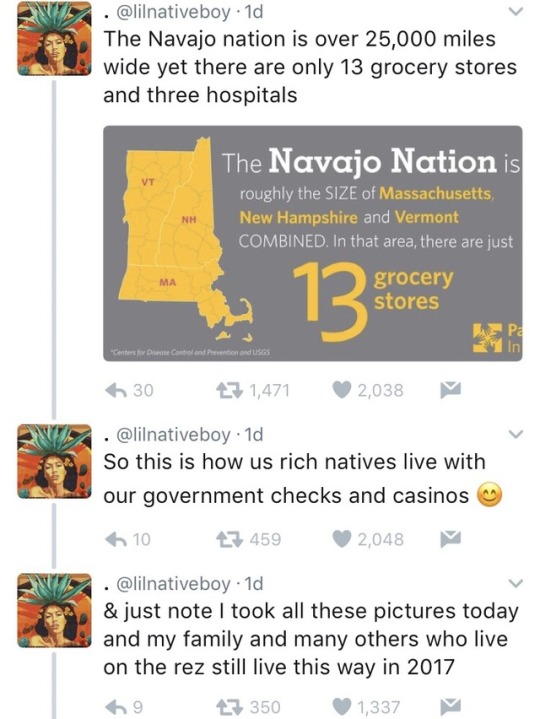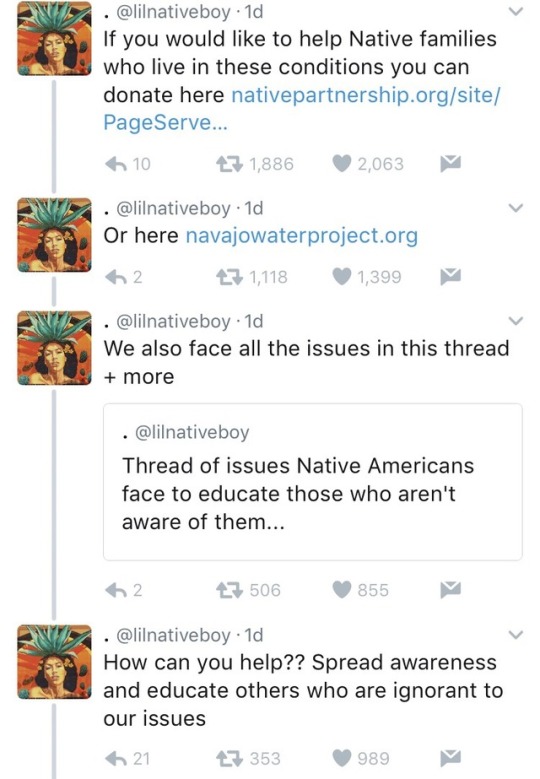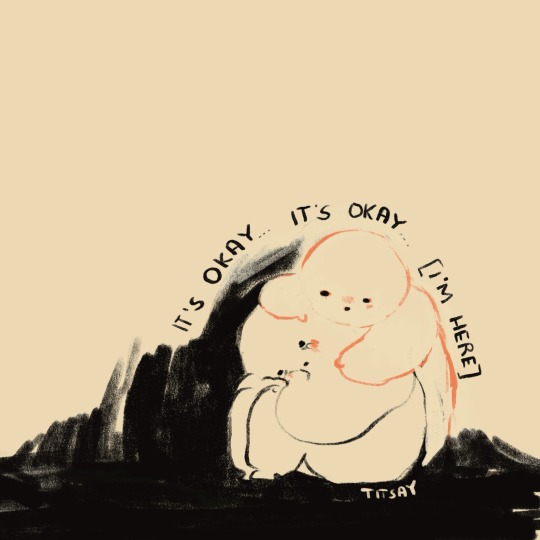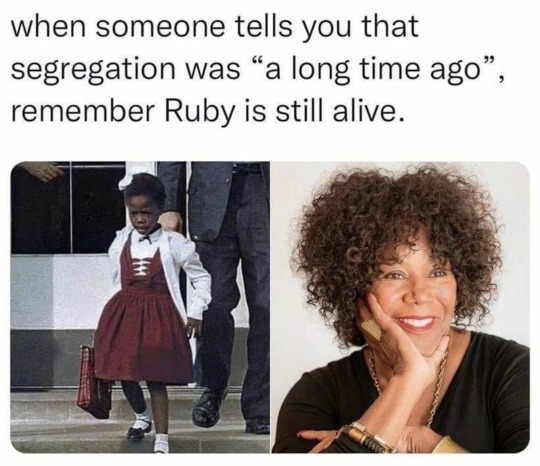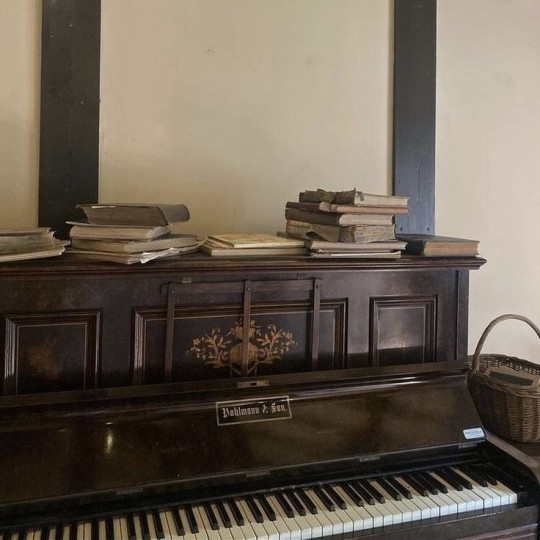Text
What I Want You To Know About Long COVID
Well lads, I've been suffering from Long COVID for over a year now. My life is at a complete standstill. I'm 25 years old and I'm too sick to go back to school, I can't work, I had to move back in with my parents and I'm still stuck here.
Here are just a few things I wish people knew about Long COVID, including things I didn't know myself until I got it.
COVID destroys your immune system. Yes, even if you don't have Long COVID. Are you getting sick more often now? When you get sick, does it last longer? There are many studies showing that COVID causes t cell depletion, even in mild COVID cases! T cells are how your body remembers how to fight off infections you've had before so losing those cells? Bad news.
Your initial infection can be mild and you can still get Long COVID. Right from Yale Medicine, "Most people with Long COVID had mild acute COVID." (This is also a good link for a basic Long COVID overview).
There can be a gap of time between when you "get better" from the initial COVID infection to the onset of Long COVID symptoms. Some people get sick with an initial COVID infection and never get better. Some get better and then weeks or months later start developing Long COVID symptoms. Long COVID symptoms can even fluctuate over time, can go away for months and then suddenly come back.
So many people have Long COVID and don't realize it. Do you feel more tired lately but no matter how much you sleep, nothing helps? Is it harder to concentrate at work or school? Can you just not think like you used to? You could have Long COVID and not even know it. Even mild post-COVID symptoms are still Long COVID.
COVID can do anything to your body. Long COVID has over 200 recognized symptoms and can affect basically any part or system of your body. There is no one mechanism or cause of Long COVID which unfortunately also means there's no one cure either.
The effects of COVID are cumulative. Each COVID reinfection increases your chances of developing Long COVID. COVID is also affecting your body in other ways, yes, even if you're otherwise young and healthy! "Repeat COVID-19 infections increase risk of organ failure, death".
Once you have Long COVID, repeat COVID infections will make your symptoms worse. "80% [of Long COVID patients] saw their symptoms worsen [from reinfection]. In 60% of people who were in recovery or remission from Long COVID, reinfection caused a recurrence of Long COVID."
There is a lot more I want to say about Long COVID but I want to keep this post at least somewhat manageable to read. Like how when COVID is contracted during pregnancy, those COVID-exposed fetuses have a 6.3-fold increased risk of motor developmental delays, or that another study found 50% of babies exposed to COVID in utero had developmental delays.
You need to keep caring about COVID, for others around you and also for yourself even if you're "healthy". Everyone is at risk. And don't forget 40-60% of COVID infections are asymptomatic, which is why masking even if you feel fine is crucial. The only way right now to not get Long COVID is to not get COVID in the first place. It's not too late, if you've stopped masking it's never too late to start again! I know it's easy to get distracted by things in your life that seem more real than the possibility of getting sick some time in the future, and the peer pressure to not mask can be intense. But it only feels less real or less important until your entire life is having Long COVID. Trust me.
I know this is a complicated issue, many people can't afford to stay home when sick even if they want to because of their jobs, there are disgusting policies trying to ban wearing masks, but please if you can. Keep masking. Masking works, masking saves lives.
This post got a bit longer than I wanted so below the cut is a non-exhaustive list of my Long COVID symptoms and some of my experiences as one of the "healthy young people" who got "unlucky". cw brief mention of suicidal ideation.
Welcome to the Thunderdome that is my body with Long COVID. Keep in mind these are just my experiences and symptoms, Long COVID can cause any range of symptoms at varying severities.
Dysautonomia: Exercise intolerance, Post-Exertional Malaise (PEM), fatigue, and heat intolerance. What do those things mean? Here's some specific examples. Absolutely terrible circulation I am so cold all the time but also, if I get a little too warm I will pass out. Eating hot food makes my heart rate spike, I sweat, my body feels heavy. Blood pooling and pins and needles in my feet when I walk. Don't even think about exercising past walking, it's impossible. I used to work out an hour a day 4 times a week and now walking up one flight of stairs makes my heart pound and I can't breathe. Can't take even just warm showers anymore or I will pass out. Heat rashes from being in the sun for 10 minutes.
Digestive issues: Honestly too many to name but: constant bloating, extreme nausea, constipation, slow motility, lack of appetite, just so much cramping and pain. I lost 18 pounds from Long COVID, as someone who was already considered underweight their entire life, and almost had to get a shunt put into my chest to deliver nutrients because I was nearly completely unable to eat. For the first 6 months of Long COVID, if I could manage 600 calories a day, that was a good day.
Histamine intolerance: Oh boy. My worst symptoms, I don't even know where to start with it. If you know Mast Cell Activation Syndrome (MCAS) it's very similar. I can only eat 19 foods. If i eat a single bite of something not on that list, it's 48 hours of absolute hell. Coughing, migraines, itchy eyes, such extreme nausea I cannot even describe it, panic/feeling of doom, racing heart rate, derealization, rash, uncontrollable muscle tremors. I only learned about histamine intolerance 5 months into having Long COVID so before that, I was experiencing these symptoms nearly every single day. Terrifying isn't even a strong enough word to describe how it felt to experience all this and have no idea what it was, how to stop it, or if it would ever stop. Really dark times.
Neurological issues: More of that derealization. Inability to concentrate. Anxiety. OCD-like symptoms such as thoughts getting "stuck" in my head, repeating 24/7 completely unable to stop them, genuinely felt like my brain had cracked open and I had lost my mind. Constant dizziness like I'm on a boat.
Sleep issues: I sleep like garbage. I have insomnia, I wake up dozens of times every night and every single time I sleep I have intensely vivid dreams. I can't sleep longer than 7 hours total no matter how exhausted I am. It is exhausting. I'm exhausted, I'm so so tired.
And finally. Just. Really intense suicidal ideation. My body, my health, my entire life has been stolen from me because someone else decided my life was worth less to them than wearing a mask or staying home if they feel sick. Before I got Long COVID, I was preparing to go to South Korea to teach English, then on to a PhD in neurolinguistics, I was supposed to meet my long distance partner and had already booked plane tickets when I got sick. All of that has been destroyed.
Most of us with Long COVID are stuck in a cycle of being extremely sick, then if you're lucky you'll slowly get better over months, just to get reinfected and go right back where you started or worse. Honestly, I'm not scared of dying from COVID. I'm scared of living for a long time, suffering from Long COVID the entire time. This isn't living.
I don't know how to end this now. I'm still fighting, I'm trying experimental treatments, I'm not giving up yet. I hope everyone reading this stays healthy and well.
7K notes
·
View notes
Text
Ahmed Saad, a Palestinian man who had to jump through an insane amount of loops to get the funds necessary for escaping Gaza, is asking us all to donate to his friend’s family fund.
Mohamed is a hemophilia patient who needs access to medicine and to do surgery on his knees, his 11-year-old daughter also needs thigh surgery (she was supposed to do it outside Gaza in November but couldn't travel due to the border issues). Mohammed’s condition is worsening rapidly and, with Israel destroying the last functional hospital in Gaza, things are looking dire.
Please donate generously!
21K notes
·
View notes
Text
Inuit schoolchildren invented a new number system, and now it's on the web
A group of Inuit middle schoolers invented a new number system that better fits their language (Iñupiaq), and now Unicode has adopted these symbols, meaning they can be used for typing, in apps, and on the web.

2K notes
·
View notes
Photo




Necro Maria, a breathtaking, exquisite marble sculpture representing a classy decadent macabre reinterpretation of Our Lady of Sorrows, a collaboration between 3D illustrator & art director Billelis & Sick Mick (@sick666mick). Via The Ethereal & the Uncanny
72K notes
·
View notes
Text
How to set up a research journal
This is just one way you can set up a research journal but it's helping me tremendously so maybe it also works for you. My set-up is partially inspired by this video by Answer in Progress and I suggest you check out their curiosity journal.
Preparation
First you need a notebook. The trick is to find a notebook that you're not afraid to "ruin". We all want a really neat, aesthetic research journal, but the reality looks more like hasty scribbles, but that's okay, that's where the research breakthroughs happen.
I personally bought a cheap lined notebook from Søstrene Grene that I thought looked cute and put a sticker on it. That way I feel good about using it but I also don't mind when my handwriting gets messy because it was only like 3€.
You should also stock up on pens you like writing with. Different colour highlighters and post-its are also a good idea but not a must. Keep it cheap but comfortable.
Title Page
Here you should put down all the really important information: year, title, deadlines, word count, supervisors. Maybe add an inspirational quote to spice it up but keep it simple and relevant.
Key
This should either be your next or your last page. I personally use the last pages of my journal so I can add thing and find it easier. Your key is there to list abbreviations and symbols.
For example, I have different symbols for statistics, dates, new terminology, questions, breakthroughs, important notes and abbreviations for the most important terms in my field. It's shorter to write T9N than Translation.
The trick here is to have enough abbreviations and symbols to save time and effort but not so many that you constantly have to look back and forth between your page and key. They should be memorable and not easy to confuse.
Topic Mind map
If you hate mind maps you can skip this of course or use a different method but what helped me is to visualise all the topics that connect to my research project in a mind map. I then colour-coded the main groups of topics with my highlighters. It helps me to keep an overview on how many topics I need to do research on.
Proposal
If you're writing a thesis/dissertation it can be helpful to have a page set aside for your proposal and take some bullet point notes on methodology, chapter structure, research context, aims and objectives and think of some titles. You can also do this for your lit review and a list of works to include.
Hypothesis and Question Pages
I set aside four pages for this but you can adjust this to your needs. The first page is my hypothesis. It doesn't have to be fully formed yet, it can just be bullet points with five question marks. You can always revise and update it but it is important to keep an eye on what you're actually trying to find out.
The next idea is basically just stolen from Answer in Progress: a section for big questions, medium questions and little questions. These aren't necessarily hypotheses you aim to answer but questions you have about your topic that might be good to look into (maybe they lead somewhere, maybe they don't).
Research Notes
Now comes the big, fun part. Research notes are allowed to be a little messy but you should have some sort of system so you can actually find what you're looking for afterwards. I'm currently just looking at books and articles so that's what my system is based on. You can totally adjust this to include other forms of research.
What I do is that I put down and underline the author and title of my source. Underneath that I use my highlighters and mark the topic of the paper based on how I colour-coded them in my mind map. You might have to do this after you've finished reading. For example, if a text talks about censorship and dubbing in Germany, three of my topics, I will draw three lines in light blue, dark blue and red, the colours I chose for those topics. This way you can easily browse your notes and see which pages are talking about which topics.
When it comes to the actual research notes, I include the page number on the left and then take bullet point notes on whatever is relevant. These are often abbreviated and paraphrased but if something is especially important I will write down a full quote.
As mentioned earlier, I have a key of symbols I use so I can simply put down a '!' in order to differentiate a research breakthrough from a normal note. You can insert your own thoughts much more easily when you know you'll be able to tell them apart later on. At the end of each article, book or even chapter I write down my main takeaway.
Other Notes
This is your research journal and you can do with it what you want. I also added lists of films that might be relevant for my research, a list of databases and publishers to check for papers and tips on research strategy.
If you're working with interviews or surveys you could write down your questions. If you're nervous about your research you could include a list of reasons why your research project is important or why you're doing it. You can include a to-do list or a calendar to track meetings with supervisors. Anything that helps you with your research.
1K notes
·
View notes
Text
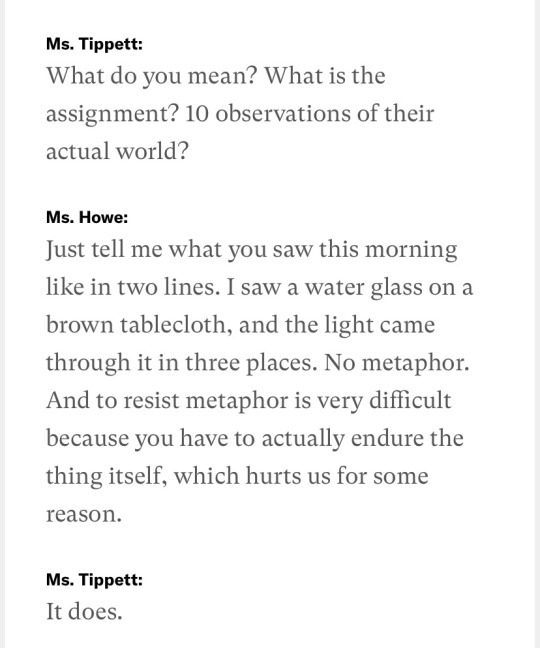
marie howe, in an interview with krista tippett of on being
31K notes
·
View notes
Photo

When the moon peeped out briefly from behind the clouds.
Photo by Angelica Ramirez
23K notes
·
View notes
Photo


A glass of wine, wet pavements slick with red, yellow, white lights, the feeling that we’re the only people in the room when I look at you
1K notes
·
View notes


